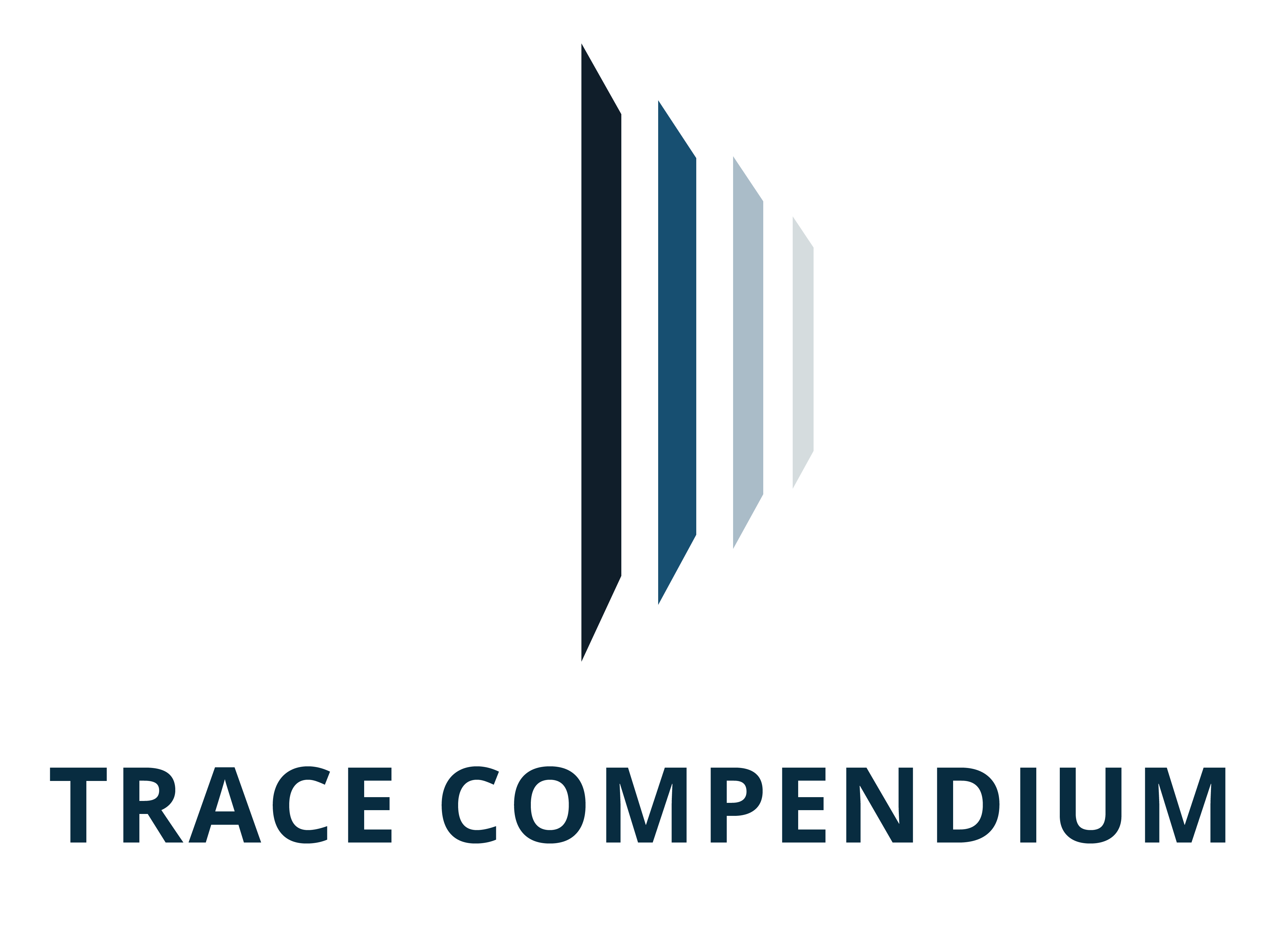
Pharmaceuticals /Medical Devices /Health
Kenilworth, New Jersey, United States
Nationality of Foreign Officials: Poland
Summary of Allegations:
From 1999 until 2002, the manager of Schering-Plough Poland's oncology unit allegedly made a series of payments totaling approximately USD 76,000 to the Chudow Castle Foundation ("the Foundation"). These payments were allegedly made at the request of the Director of Silesian Health Fund, one of 16 regional government health authorities in Poland, who founded and served as president of the Foundation.
According the SEC complaint, the Schering-Plough Poland manager arranged a total of 13 payments, some of which were structured to be below the manager's approval level. In addition, the manager provided false justifications for the donations on documents he submitted to Schering-Plough's finance department, including describing the payments as covering fight against viral hepatitis, financing screening examinations to detect skin cancer, and support actions of Foundation in preventing infectious diseases of the liver. In fact, the Foundations mission was to restore castles and other historic sites in Silesia and it did not provide health care services or medical treatments. In addition, the SEC stated that while these payments were classified as donations on the Company's books and records, they were really dues that were required in order to obtain the Director's assistance.
According to the SEC, Schering-Plough Poland made more payments to the Foundation than to any other organizations during the time period in question. At the same time, the Company noticed a substantial increase in sales of two of its oncology products, Intron A and Temodal. By 2002, 53 percent of Intron A and 40 percent of Temodal sales in Poland were in Silesia.
The SEC noted that Schering-Plough's policies and procedures did not require due diligence on organizations prior to making charitable contributions. In addition, the SEC stated that Schering-Plough should have known that there were potential FCPA issues with payments to the Foundation because: (i) the Foundation is not a healthcare related entity; (ii) the amount of payments to the Foundation in relation to Schering-Plough's budget for donations; (iii) the structuring of the payments, which allowed the manager to exceed his spending allowance; and (iv) the Director was both the founder of the foundation and a Polish government official.
Approximate Alleged Payments to Foreign Officials: Approximately USD 76,000
Business Advantage Allegedly Obtained: Increased sales of two oncology products in Silesia
Agencies: United States: Securities and Exchange Commission
Results: Cease-and-Desist Order, Civil Penalty, Compliance Monitor
Year Resolved: 2004
Compliance Monitor:
Ongoing: No
Details:
On 6 June 2004, without admitting or denying the SEC's allegations, Schering-Plough consented to the entry of a cease-and-desist order enjoining Schering-Plough from committing future violations of the FCPA's books and records and internal controls provisions. Schering-Plough also agreed to appoint an independent consultant and to pay a USD 500,000 civil penalty.
Discovery Method: Unspecified
Details:
Country: